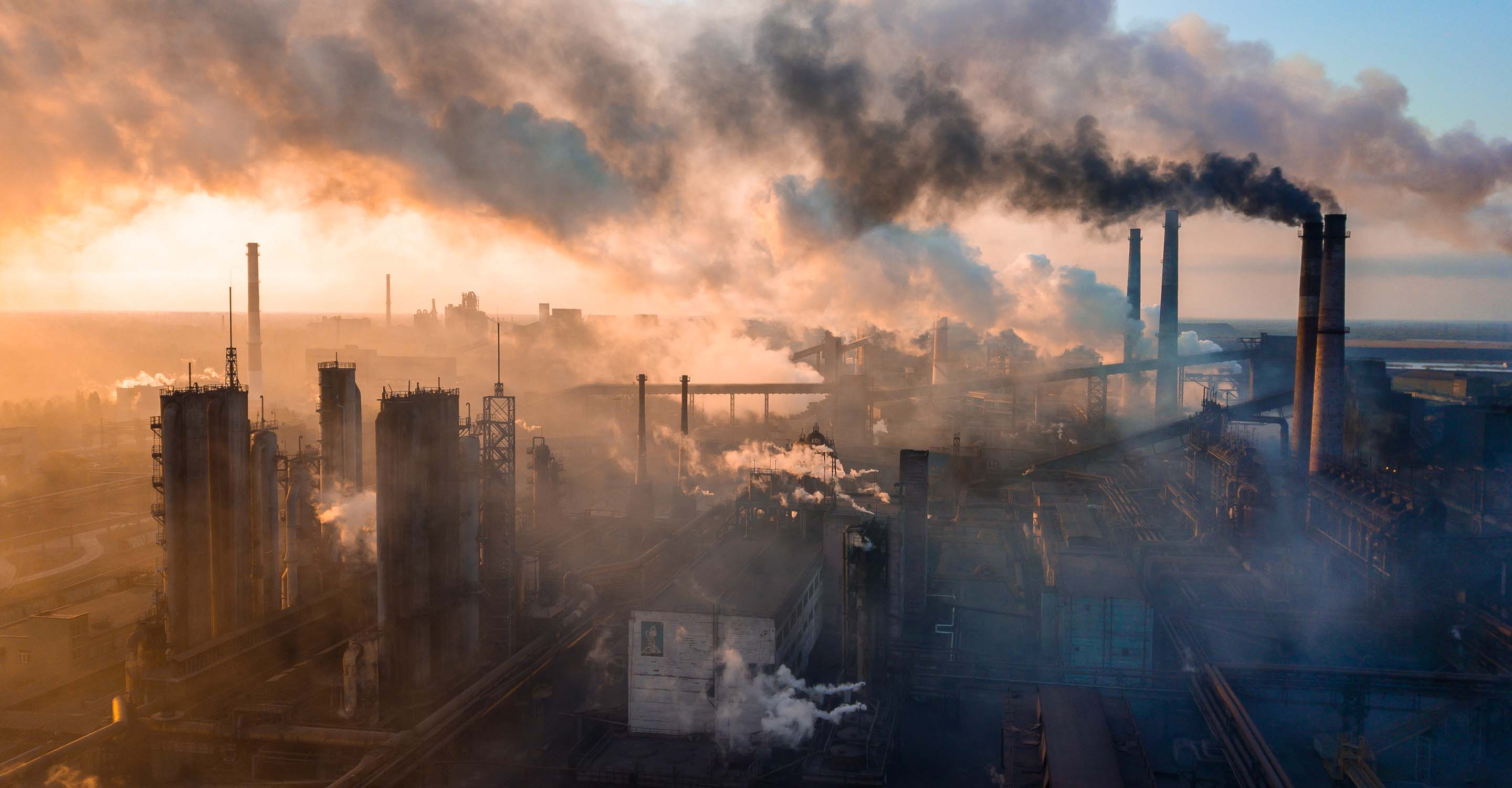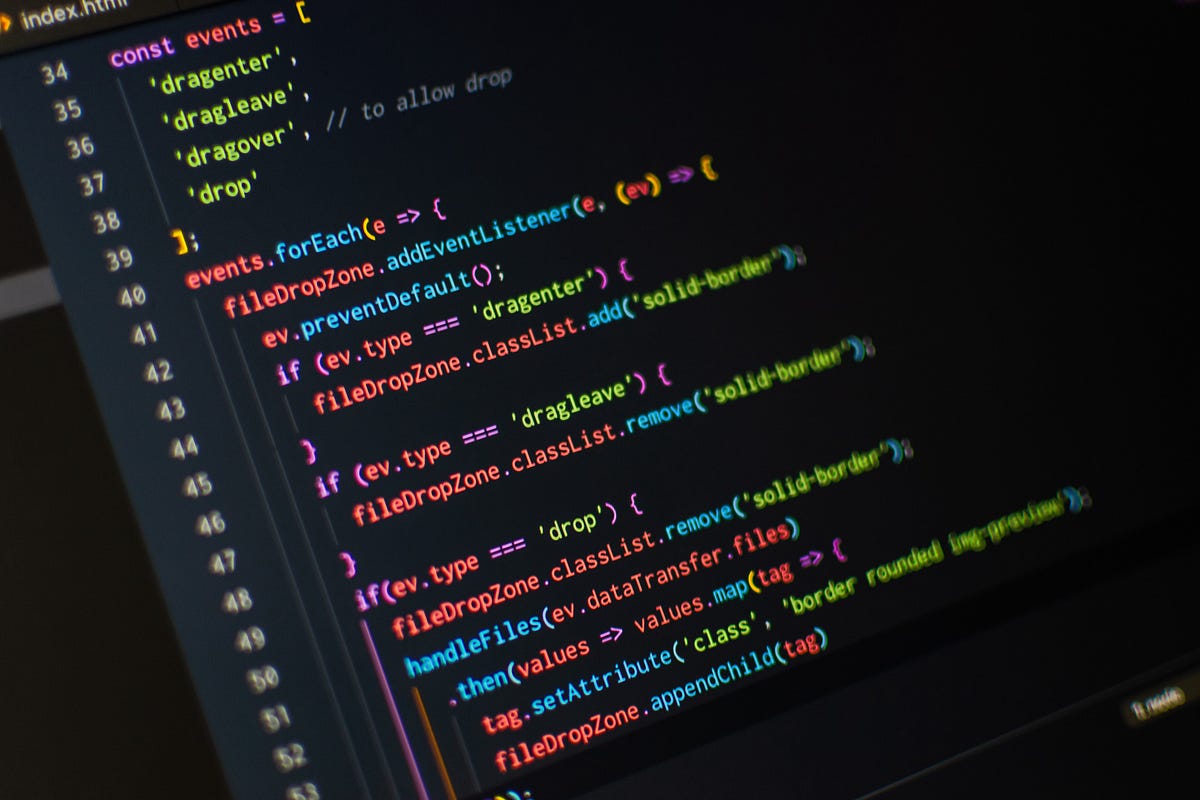What is Earth Day, when is it and what has it achieved?
Every year, millions of people across the globe gather on Earth Day to celebrate the environmental movement.

Air Pollution: A Major Factor in Dementia Risk, Regardless of Genetic Background
Recent studies have highlighted a concerning link between air pollution and an increased risk of developing dementia, a connection that appears to hold true even for individuals without a genetic predisposition to the condition. This revelation underscores the pervasive impact of environmental factors on brain health and emphasizes the urgent need for global efforts to mitigate air pollution.

Trump trial: Key players at the centre of the former president's criminal case
When Donald Trump sits at the defence table in the wood-panelled Manhattan courtroom over the next several weeks, he will be joined by a cast of characters who could feature in a Hollywood blockbuster. Opening statements in the first criminal trial of a former US president are expected on Monday.

Judge’s stern rebuke of Elon Musk’s X gives researchers fresh hope
A federal judge’s decision this week reprimanding Elon Musk’s X will have reverberating effects on efforts to hold influential online platforms accountable, legal experts and advocacy groups say.

More than 11,000 evacuated in northern Indonesia as volcano erupts
Exclusion zone extended, flights disrupted as Ruang sends ash and smoke more than two kilometres into the sky.

Eldon Musk Moving SpaceX To Texas Over Money Dispute
Elon Musk now wants to leave the US state of Delaware with another company after a judge overturned his $56 billion pay package from Tesla. Now there are concrete relocation plans for SpaceX.

James Webb Telescope reveals stunning image of young stars
Stunning new images from the Webb Telescope revealed a massive collection of young stars in a nebula in the M33 galaxy, also known as the Triangulum. This nebula is called NGC 604 and is home to a huge star-forming region.

How To Learn Coding
Learning to code quickly involves a combination of focused study, practical application, and leveraging resources effectively. Whether you're aiming to switch careers, enhance your current job skills, or simply pursue coding as a hobby, here are strategies to accelerate your learning process:

The Myth of the Eco-Friendly Lifestyle: Unveiling the Inconvenient Truth
In recent years, the eco-friendly lifestyle has been touted as the panacea for our planet's environmental woes. From ditching plastic straws to adopting zero-waste habits, individuals worldwide have been making conscious efforts to reduce their carbon footprints. However, beneath the surface of these commendable actions lies a complex reality that challenges the effectiveness of personal sustainability efforts. This article delves into why the notion of an eco-friendly lifestyle, as it's ...

Ukraine's power plants at the mercy of Russian missiles
Russia's war on Ukraine has entered a new phase. Drone and missile attacks on Ukraine's energy infrastructure are now frequent and massive, overwhelming its current air defences.


